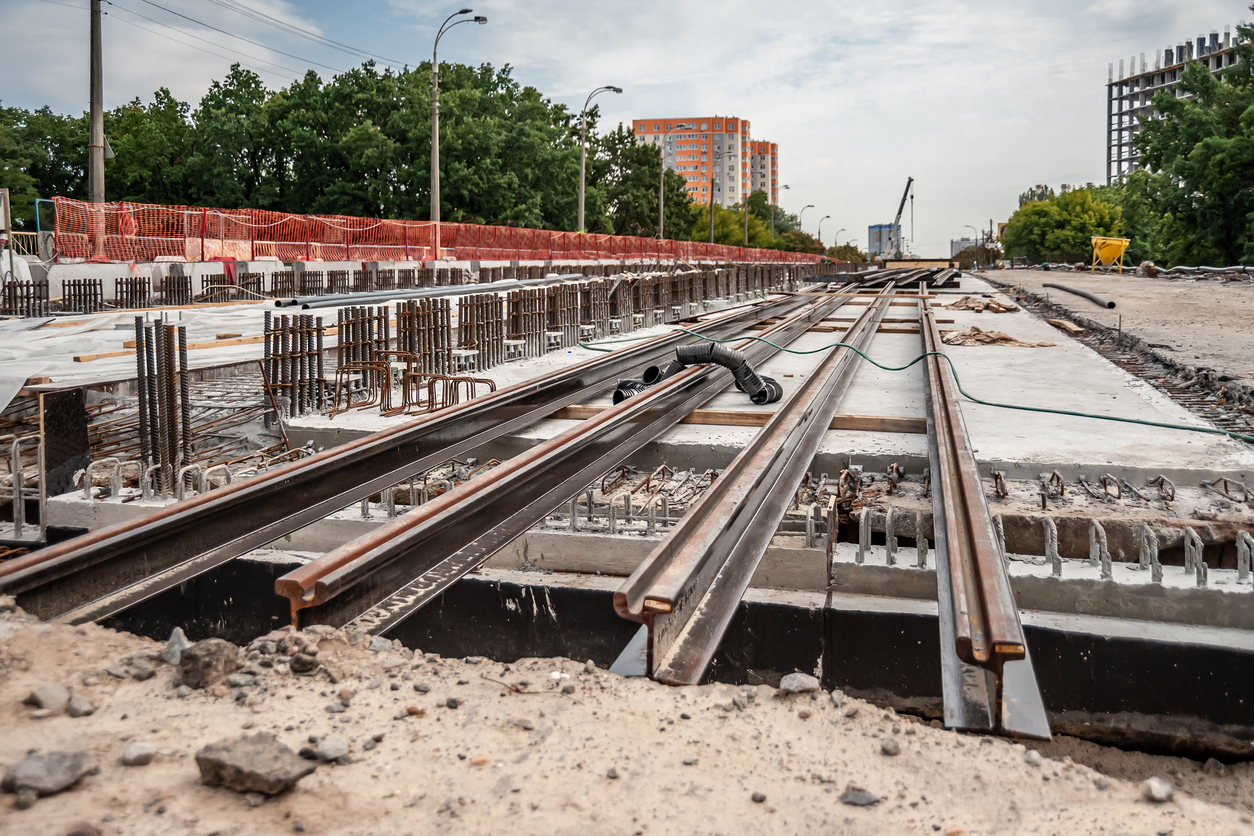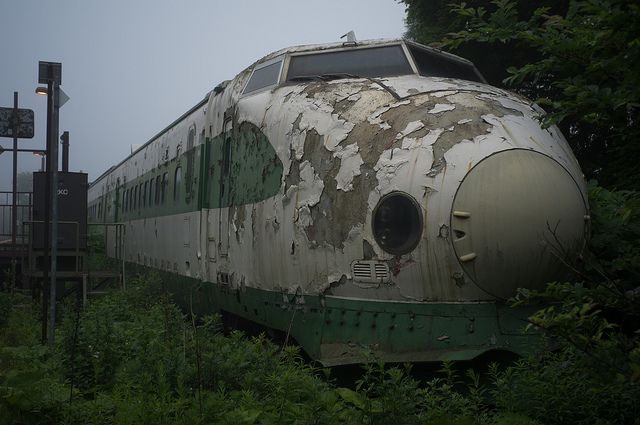Voters send a loud wake-up call to Sound Transit and the Legislature

Last night, voters sent a clear message to state and Sound Transit officials to stop overvaluing cars and diverting drivers’ money to projects unrelated to roads. Voters registered their anger by approving Initiative 976, which seeks to reduce car tab taxes and fees at state and local levels, many of which are diverted by government to fund non-highway projects.
Fueling public frustration was Sound Transit’s refusal to correct its unfair car tab tax scheme, which allows officials to overvalue cars to collect maximum tax revenue from families in the Puget Sound region. Since the passage of Sound Transit 3 in 2016 and taxpayers’ discovery that they are being overcharged in motor vehicle excise taxes, Sound Transit has ignored the public outcry and aggressively lobbied against legislative efforts to correct the overcharges.
Responding to early election results, Sound Transit stated, “The Board will consider Sound Transit’s obligations to taxpayers who want their motor vehicle excise taxes reduced, as well as how to realize voters’ earlier direction to dramatically expand high capacity transit throughout the Puget Sound Region.”
Ultimately, the Washington State Legislature will be asked to decide what to do with the changes that I-976 requires, which we described in detail in WPC’s Citizen’s Guide on I-976.
Of the approximate $4.2 billion fiscal impact to state and local revenues over six years, 46% would affect Sound Transit. Another 35% would come out of the state Multimodal Account, which largely funds public transportation. About 8% would come out of the state Motor Vehicle Fund, which exclusively funds roads and bridges.
There will likely be pressure on the legislature to replace Sound Transit car tab tax revenue that would no longer be collected as a result of I-976, as well as pressure to backfill money that will not be collected by state and local jurisdictions for various transportation projects.
Should that discussion take place, backfilling Sound Transit’s car tab revenue loss should not be a topic of conversation at all at the state level, as the agency has risk management procedures in place to help weather unexpected circumstances. As far as the public is concerned, choices like this and this do not help Sound Transit’s case.
Any backfill money should be directed to roads and bridges, which everyone seems to agree are a top priority, including those who strongly opposed I-976.
We have known about roads and bridges being in a state of disrepair and how critical they are to our economy for many years. It is refreshing to see transit advocates and public officials coming to a place of agreement on this, especially after years of advocating for more spending on public transit and expansion of tolls, rather than on maintaining, preserving and expanding road capacity to meet the needs of a growing population.
This is akin to a person having a hole in their roof, and purchasing new furniture and landscaping instead, as if that hole doesn’t exist. We should be taking care of the things that are most necessary to having a functional and safe home. The same applies to transportation infrastructure.
So, although I fully anticipate discussions about backfilling “lost” revenue, I also fully expect everyone to agree that roads and bridges are a top priority.
To that end, the passage of I-976 also impacts cities by removing their authority to impose car tab fees through formed Transportation Benefit Districts (TBDs). Although in places like Seattle, TBD car tab fees divert money from drivers to fund transit, other cities use car tab fee money to pay for local pavement and arterial improvements as well.
Transportation Benefit Districts also have the authority to impose property and sales taxes. If city officials believe a pavement project is a priority to the city and its residents, they should engage local residents in a public process, making sure people agree with the transportation need and are willing to pay for it, and ultimately seek their approval through a public vote.
I imagine there are many people who supported I-976 not because they are unwilling to pay for transportation, but because they are concerned they are not getting the improvements they have paid for. A public vote and ongoing accountability on TBD projects would help bridge that disconnect.
Cities also have an opportunity to be more cost-effective with the money families already pay, before they ask for additional funds. Taking this opportunity to cut costs and show respect to taxpayers, rather than simply asking the legislature to replace money they will no longer receive, would increase public trust between taxpayers and local governments.
Similarly, we could see projects cut or funds shifted at the state level. These are political choices made by lawmakers, who decide how to allocate funds. Any defunding of projects is primarily a reflection of political priorities, as these decisions are often driven by politics rather than public need or an honest cost-benefit analysis.
As we continue to track the implications of I-976 on public agencies and transportation projects, there seems to be one major takeaway moving forward: if public servants care about reflecting the will of the people – they will work harder to make sure that future funding is more fair and transparent.






